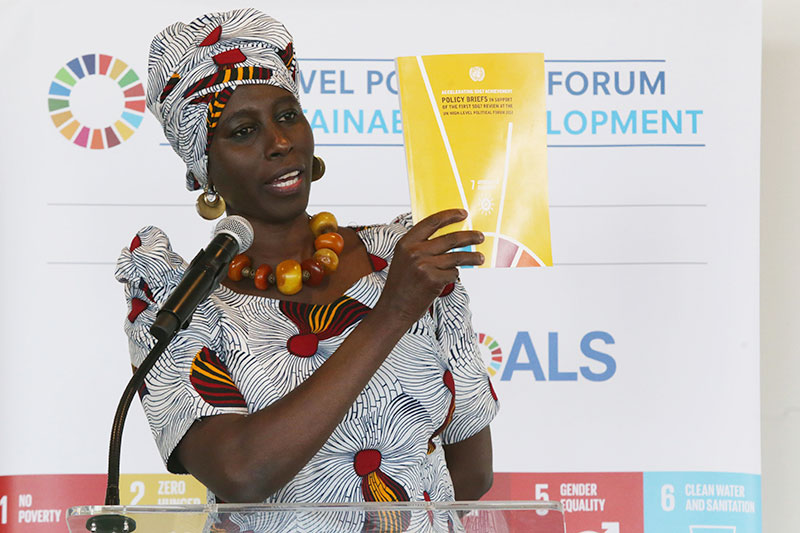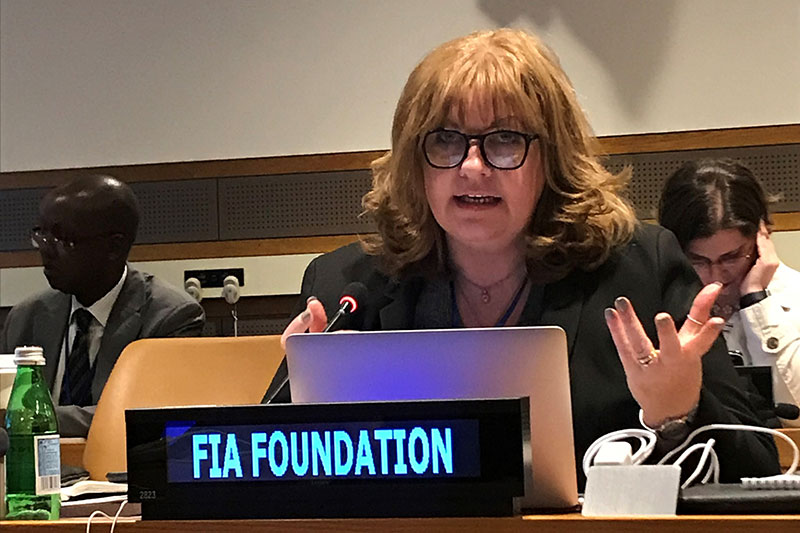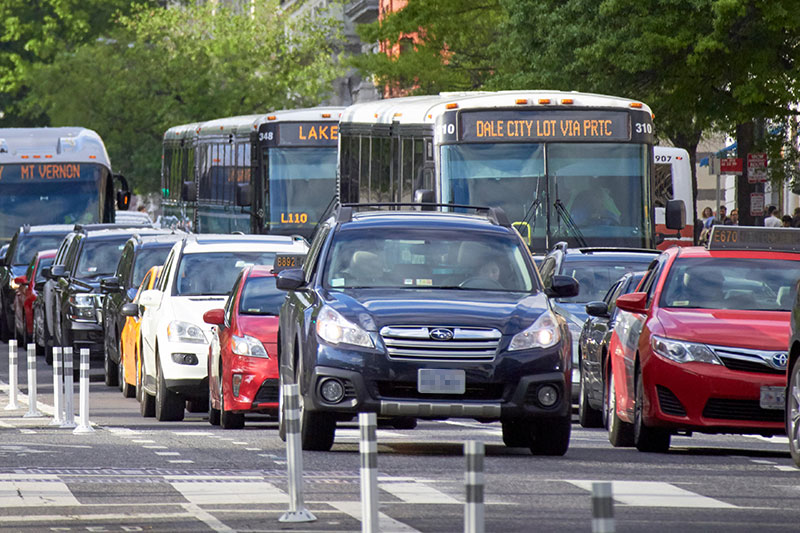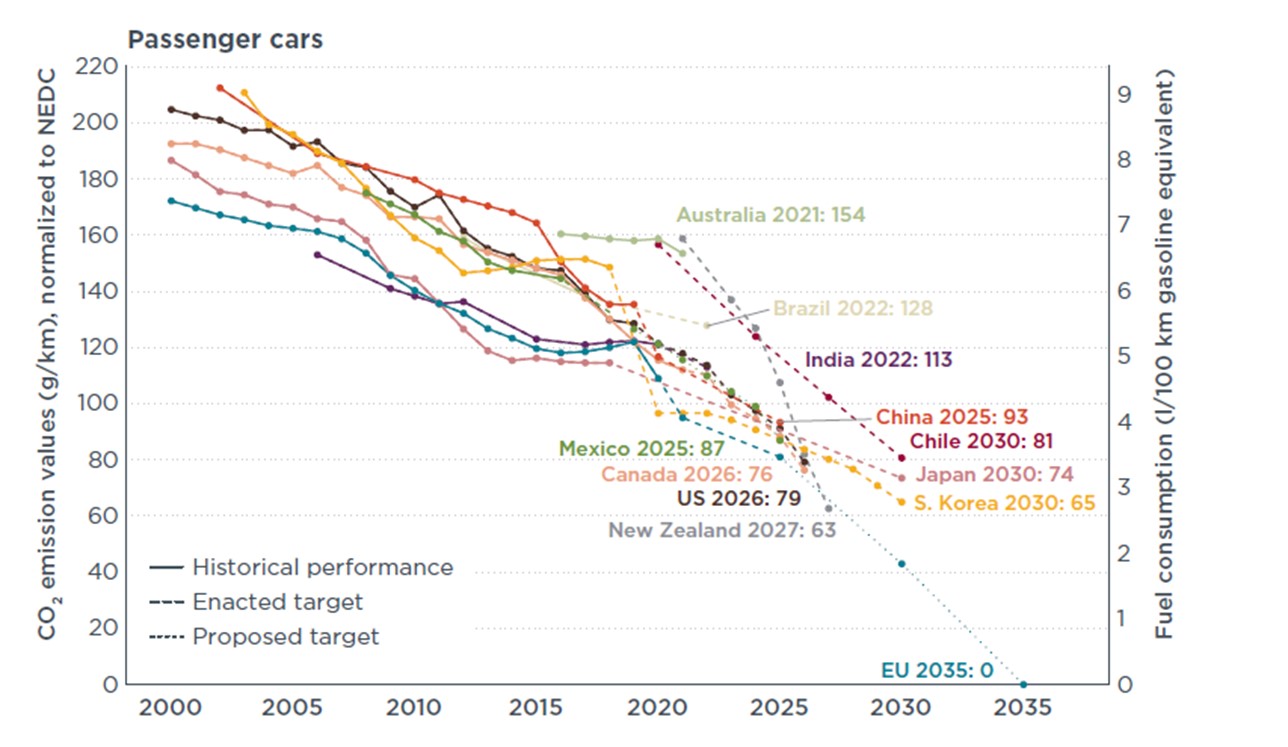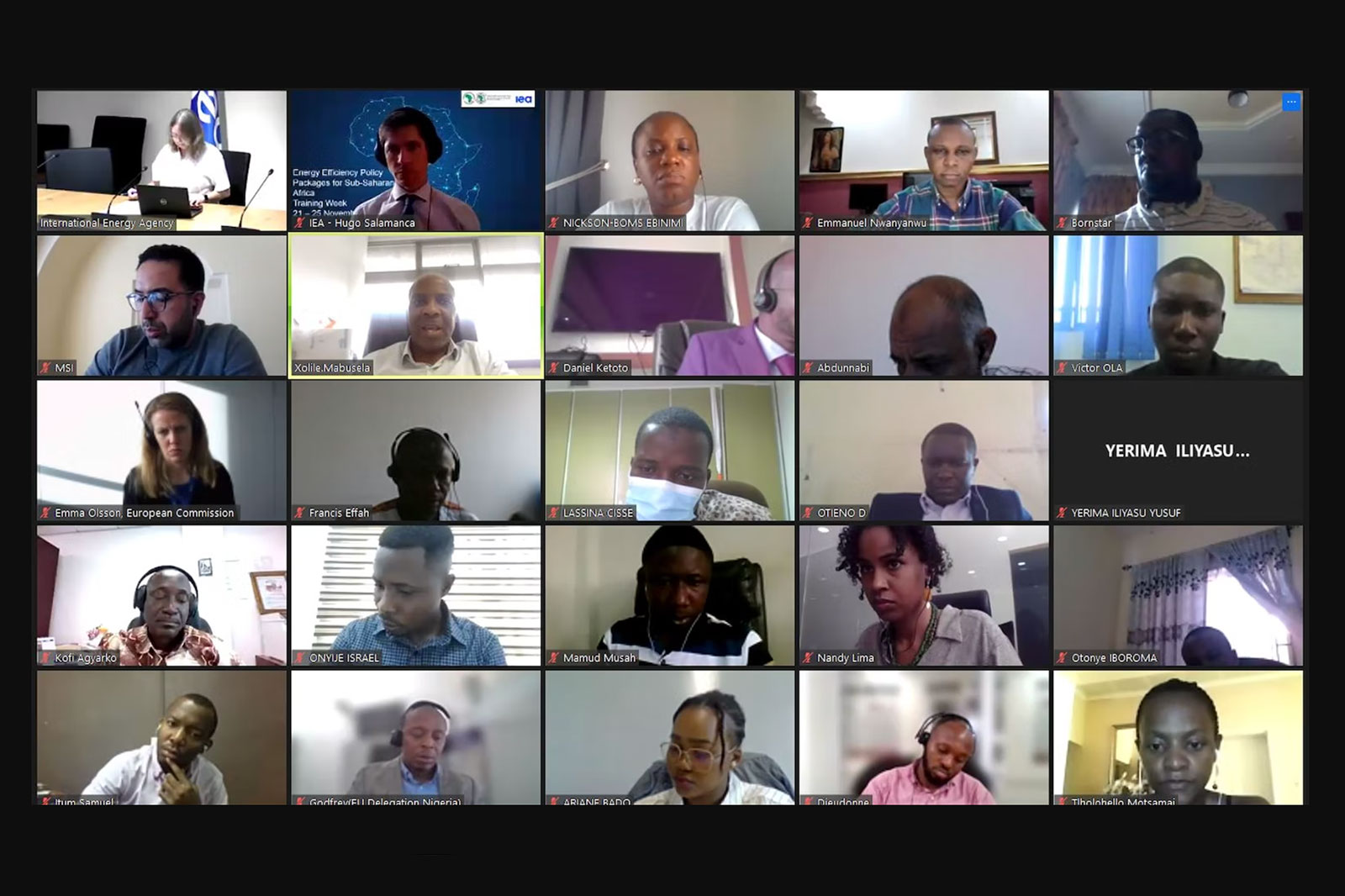GFEI work contributes to UN SDG7 policy briefs
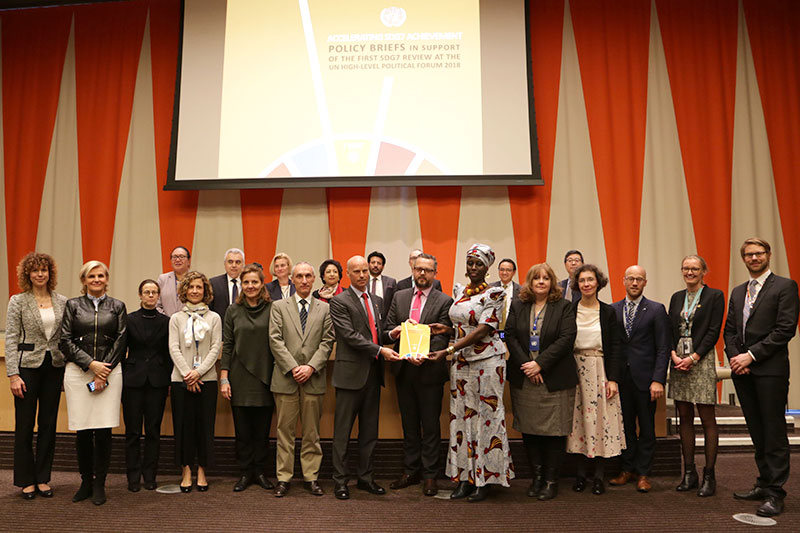
The work of the Global Fuel Initiative (GFEI) on the interlinking issues of energy and transport has been recognised in the ‘Accelerating SDG 7 Achievement’ report. The report which was launched at a high level briefing for member states at the UN in NYC today (18 April), was written to support the review of Sustainable Development Goal 7 (SDG 7) at the UN High-Level Political Forum in New York later this year. Over 50 global organisations took part in developing 27 briefs which cover key issues around SDG7. FIA Foundation led brief number 16 on transport and energy.
SDG7 focuses on achieving affordable, reliable, sustainable and modern energy for all, and makes up one of 17 targets for UN member states to achieve by 2030. At the current rate of progress, the world will fail to meet many of the SDG 7 targets despite the fact that significant advances in technologies, rapid cost declines and strategic policy shifts are transforming the energy systems in many countries. The report concludes that the global community needs to capitalize on these developments, foster political will and cooperation, and encourage higher levels of public and private investment to achieve a sustainable energy future. The recommendations are designed to inform the activities and policies of member states and all stakeholders, including international organizations, multilateral development banks, businesses and civil society groups attending the High-Level Political Forum, and as they renew their commitments to achieve SDG7.
During the meeting, Sheila Watson, the FIA Foundation’s Deputy Director & Director Of Environment and Research and a member of the Technical Advisory Group for SDG 7, spoke of the crucial role transport plays in the path towards achieving affordable, reliable, sustainable and modern energy for all. Transport is responsible for 28% of global energy consumption, including around 60% of all oil products, and is the single largest energy user in many developed countries. Energy demand for transport has been rising faster than any other sector, and is expected to continue, predominantly in non-OECD countries, especially in Asia. Improvements in road vehicle efficiency (particularly fuel economy) will save money while minimising climate and air quality impacts, yet the sector is not on track to achieve even the basis improvements in efficiency required to meet target 7.3 of SDG7.
Speaking at the event, Sheila Watson said: "It is clear that the interface between the transport and energy sectors is one of the greatest challenges we face in meeting SDG7 and we are delighted to be part of the ‘Global Agenda for Accelerated SDG7 action’. In this context, GFEI’s mission to support countries as they seek to improve the efficiency of their fleets is more crucial than ever, as we continue to press for delivery of this vital SDG.”
